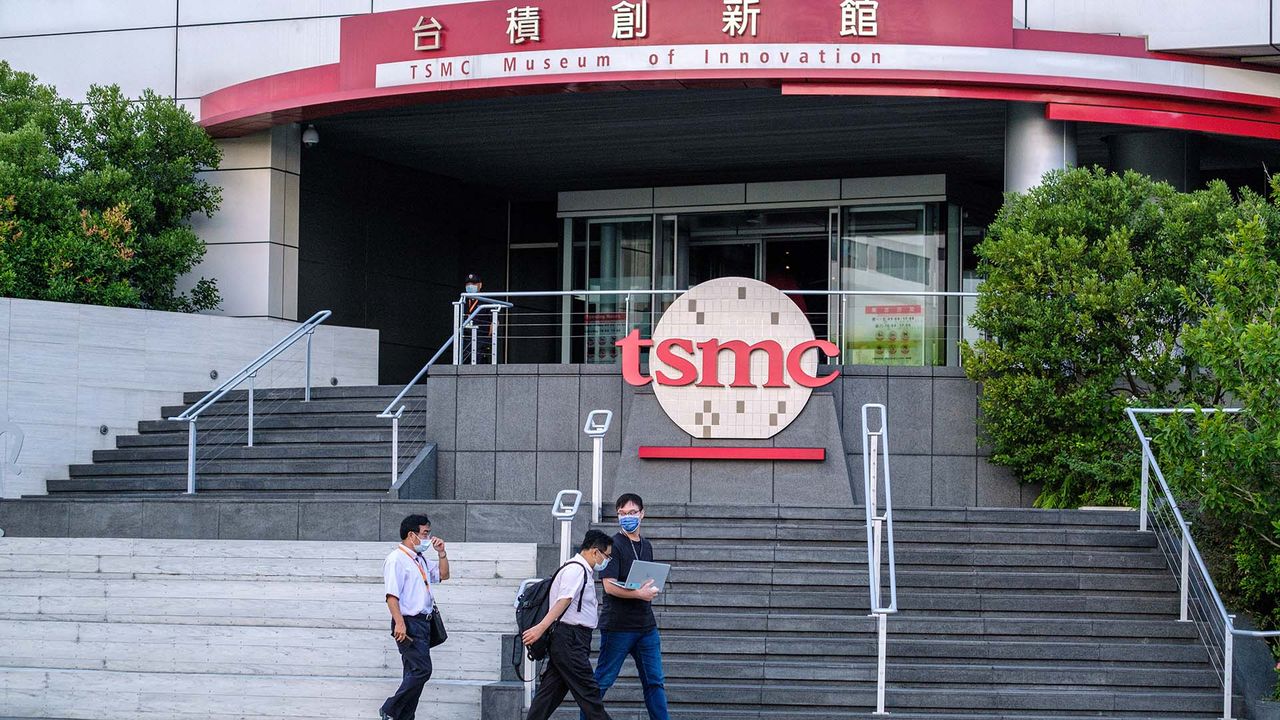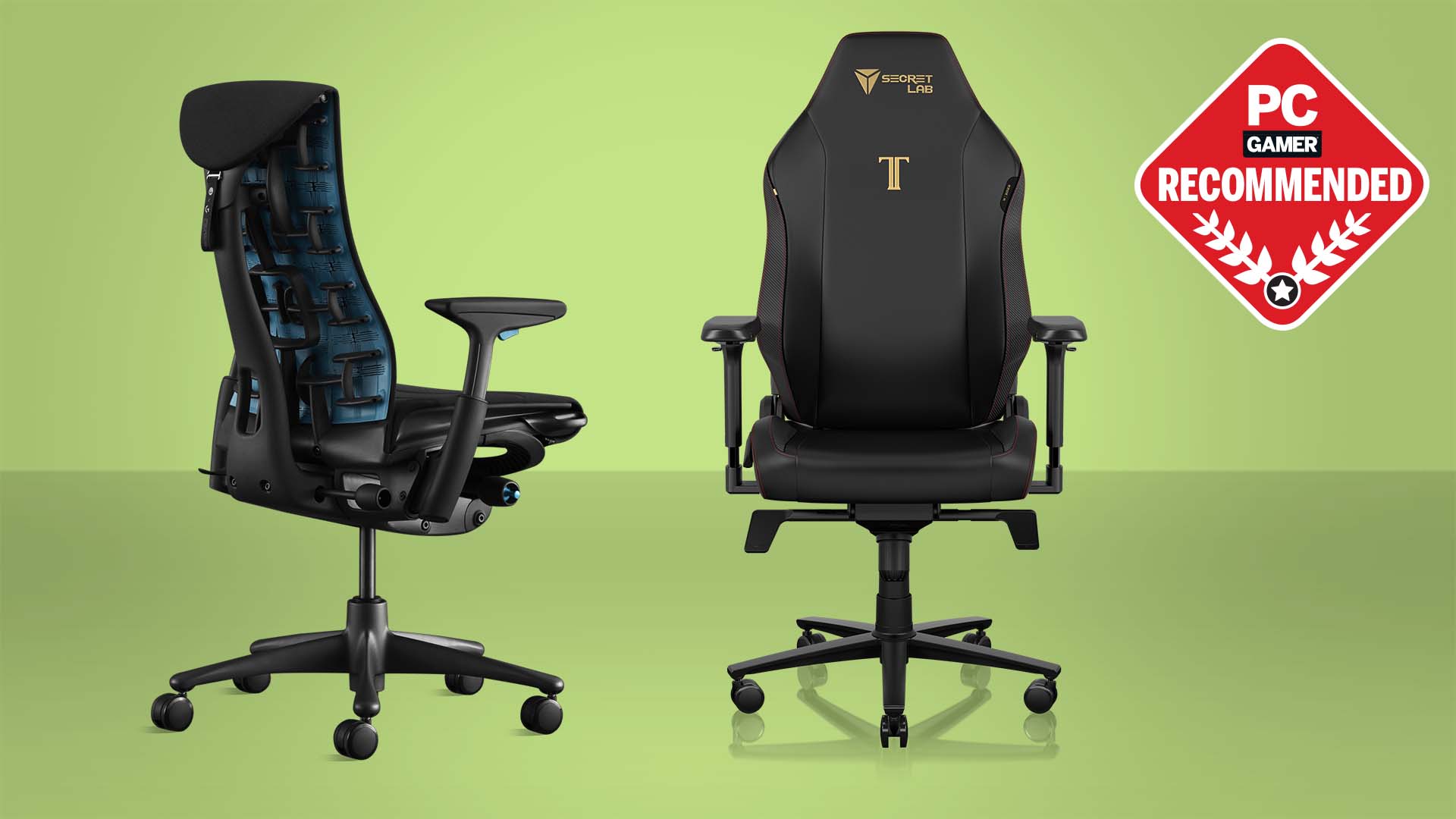TSMC hits record 70% foundry market share, making a synapse singeing $30.24 billion in revenue last quarter alone

TSMC is currently enjoying a record-breaking 70.2% market share, owing to an eye-watering $30.24 billion revenue made during 2025's second quarter alone. Do you reckon this top foundry could spare a few dollar bills to wrap up my own chips? No?
That's an 18% quarter-upon-quarter increase though TSMC is hardly the only winner, according to Trendforce. The Taiwanese semiconductor manufacturer is definitely top of the pile, global foundry revenue during the same period was up 14.6% compared to Q1, raking in a total of $41.7 billion.
For a little bit of added context, 0.2% of that is still $83.4 million. So, yes, the fact TSMC has 70.2% of that pie is huge. As TSMC accelerates its plans for 1.4 nm silicon manufacturing by moving ahead with plans to build new factories, this foundry doesn't look set to cool off any time soon.
Trendforce's investigation attributes the industry-wide uptick to upcoming seasonal demand for new devices—such as smartphones, PC parts, and servers—tag-teaming with "China’s consumer subsidy program spurring early stocking." TSMC specifically is riding the wave thanks to "major smartphone clients entering their ramp-up cycle" and demands for "AI GPUs, notebooks, and PCs pushing wafer shipments" into an even higher gear.
Speaking of sought after devices, Samsung Foundry are also feasting thanks to the Nintendo Switch 2. Banking $3.6 billion in Q2, Samsung's foundry has a market share of 7.3%—that earns it second place among the top ten foundries, but it's really not even close. TSMC's first place share may as well be represented as a distant dot on the horizon ahead.
Even with such astronomical financial success, it's not all been smooth sailing for TSMC. Recently news broke of at least one foundry employee being fired and several more arrested by Taiwanese authorities amid allegations of corporate espionage.
Besides these troubles at home, it's hard to ignore the far-reaching messiness of the tariff situation overseas. For instance, rumours earlier this year suggested that chips made in TSMC's Arizona-based foundry—a selection that may well later include the anticipated 1.4 nm silicon—could cost "as much as 30%" more.
What's Your Reaction?
 Like
0
Like
0
 Dislike
0
Dislike
0
 Love
0
Love
0
 Funny
0
Funny
0
 Angry
0
Angry
0
 Sad
0
Sad
0
 Wow
0
Wow
0











